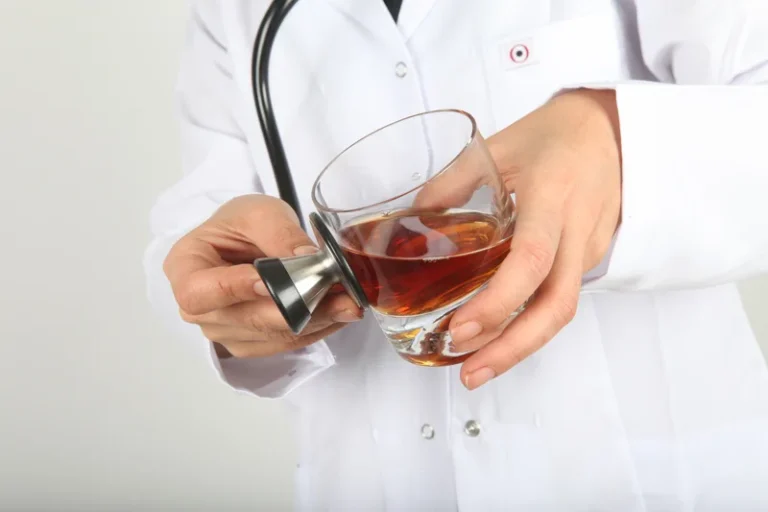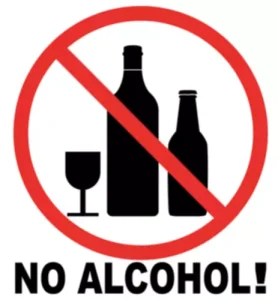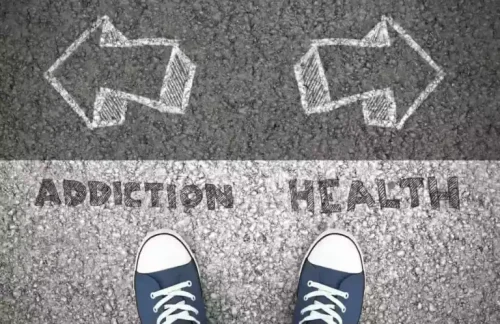If you are on a long flight, try to get up and get some movement as well, Freeman said. Alcohol may help you get to sleep, but the quality isn’t as good as sleep while sober, he said. The alcohol insomnia “fasten seat belt” sign is off, and the time for a nap on your flight is on. You grab your neck pillow, eye mask and a glass of wine to make sure you are well-rested on the other side.
- The same study found that using alcohol as a sleep aid led to moderate improvements in sleep for the first 6 days.
- Each stage is necessary for sleep to feel refreshing and for vital processes like learning and memory consolidation to occur.
- Alcohol has been shown to negatively impact sleep, but this comes down to the individual.
2 Sex effects in the impact of alcohol and alcoholism on sleep
- Treating anxiety can help reduce insomnia and improve overall sleep quality.
- The major issue is that people may not feel the negative effects at first.
Limit naps to no more than one hour and avoid napping late in the day. The stimulating effects of nicotine and caffeine take hours to wear off and can interfere with sleep. And even though alcohol might make you feel sleepy at first, it can disrupt sleep later in the night. In particular, avoid heavy or large meals within a couple of hours of bedtime. The recommended amount of sleep for a healthy adult is at least seven hours.
Quick Tips for Better Sleep
- Whatever is keeping you from sleeping, insomnia can affect you mentally and physically.
- The most common drinking typologies over the three decades of observation were stable moderate drinkers (21.2%) and unstable moderate (29.2%).
- Just a few days of antibiotics can wipe out uncomfortable or painful illnesses or infections.
- While this may work for a short time, typically, more alcohol is needed to accomplish this over time.
However, if you often have trouble sleeping, contact your health care provider. Identifying and treating any underlying causes can help you get the better sleep you deserve. However, if you work nights, you might need to nap late in the day before work to help make up your sleep debt.
The 18 best non-alcoholic drinks, tested and reviewed
A 2013 research review found the sedative effect of alcohol only lasts for the first sliver of the night — and that’s only if you drank a little to a moderate amount. But while you may think a few beers or glasses of pinot lull you into slumber, alcohol before bed actually messes with your sleep. Most of us probably think that unless someone has alcohol dependency or drinks heavily, they’re out of alcohol’s negative reach.

During sleep, the body cycles through all of these stages every 90 to 120 minutes, with NREM sleep dominating the first part of the night and REM increasing during the second part of the night. Each stage is necessary for sleep to feel refreshing and for vital processes like learning and memory consolidation to occur. There’s a complicated relationship among depression, alcohol, and sleep.
- Women were more likely to report being former drinkers than men (24.8% and 12.8% respectively) (Table 2).
- Consuming alcohol causes physiological changes that affect snorers and people with obstructive sleep apnea (OSA), which occurs when tissues in the nose or throat collapse and temporarily obstruct the airway.
- And insomnia has the potential to contribute to alcohol dependence.
- Short-term insomnia is usually due to stress or a distressing event.

In patients with delirium tremens (DTs), a higher percentage of Stage 1 sleep with REM (stage 1 period with low voltage EEG with REM) was demonstrated (Greenberg and Pearlman, 1967). In this study, one of the subjects had nightmares of hallucinatory intensity during alcohol withdrawal and with 100% Stage 1-REM sleep. As DTs ended, recovery sleep set in as a response to sleep deprivation in most of these patients. However, a subset of patients may have fragmented sleep and disturbances of consciousness that predict a guarded prognosis for future episodes of DTs (Kotorii et al., 1982, Nakazawa et al., 1981). Heavy consumption of alcohol over an extended period of time leads to increased tolerance and this tolerance is accompanied by adaptation of the neurotransmitter systems5. Furthermore, long-term consequences of alcohol may lead to changes in sleep regulation.



